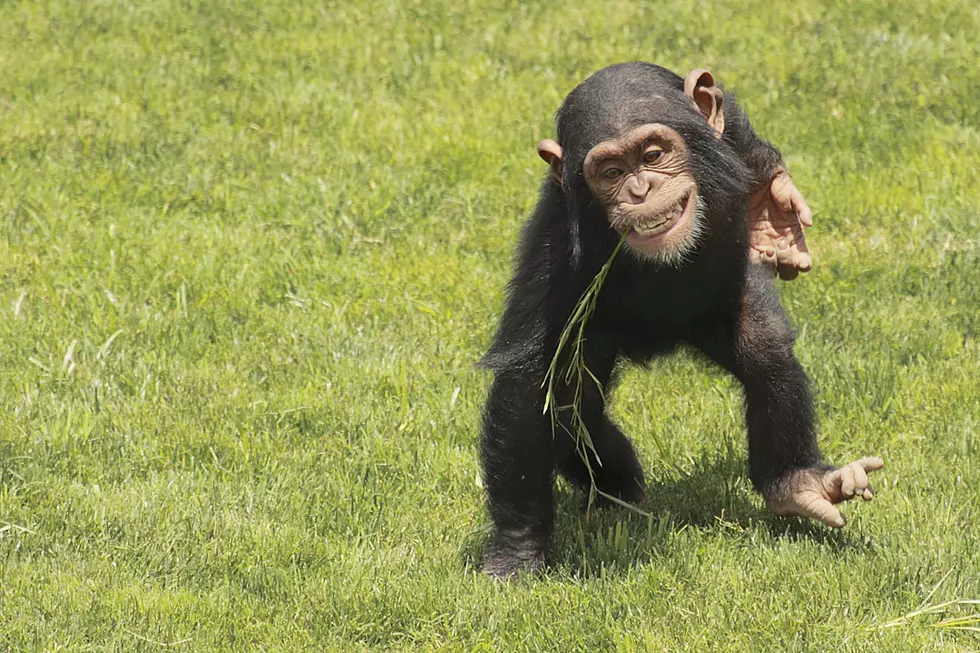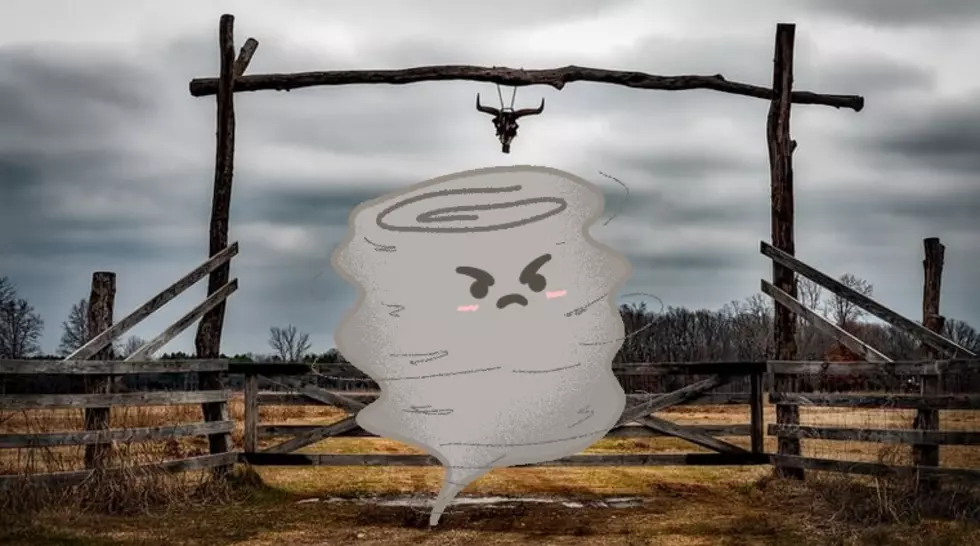
Someone Tried to Sneak a Bunch of Spider Monkeys into Texas at the Border
Drugs and guns are not the only thing confiscated at the border. Even exotic animals.
I'm always fascinated at people trying to sneak things in over the border. Don't get me wrong, I know it happens, but NO WAY would I try to sneak a live animal over the border. That thing could just start freaking out of nowhere and your cover in blown.
A woman back on December 30th was attempting to bring in FOUR spider monkeys into the country. The woman had the four monkeys in a tiny duffel bag, they were carefully gotten into an animal carrier since spider monkeys are on the endangered species list. “Spider monkeys are considered New World monkeys which are found in tropical forests of Central and South America, including southern Mexico, according to the arrest release.

The woman was cited and the monkeys will remain in Mexico. Not shocking that the US Customs and Border Patrol deals with people trying to sneak drugs into the country, like meth in Taki's bags. Maybe the guy that tried to hide ammo as dog biscuits. Even the guy that was caught having sex with a cow by the border patrol.
Being a border patrol agent, you never know what you're going to find on the job. Hopefully the spider monkeys get a good home.
LOOK: Here are the pets banned in each state
LOOK: Stunning animal photos from around the world
More From 106.3 The Buzz









